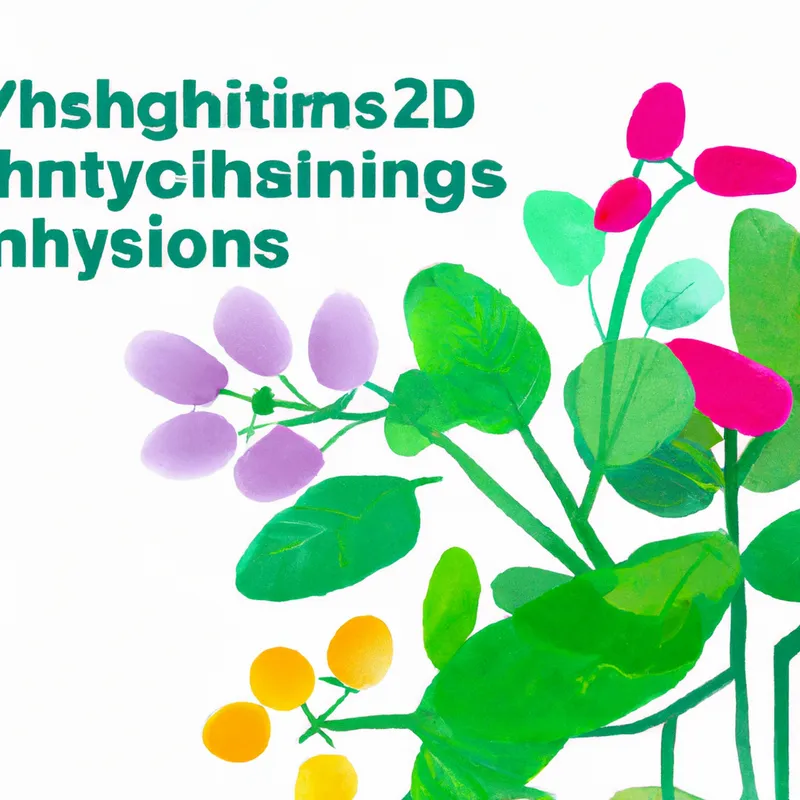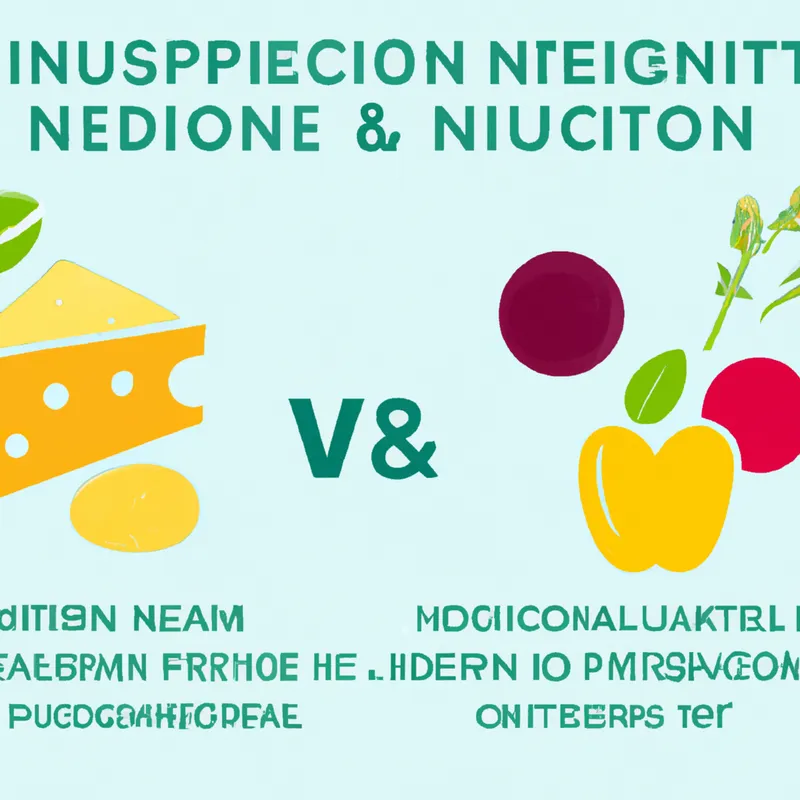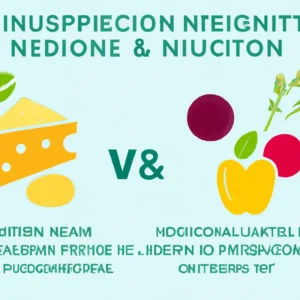Unlock Phytochemicals: Your Secret to Vibrant Health
Understanding Phytochemicals: How Plant Compounds Enhance Health Beyond Vitamins
Health enthusiasts now focus on phytochemicals instead of vitamins. These plant compounds significantly enhance health. Phytochemicals aren’t essential for survival, but they provide many benefits. This blog post explains phytochemicals, their functions, and their dietary advantages.
What Are Phytochemicals?
Phytochemicals are natural compounds in plants. They contribute to color, flavor, and disease resistance. Scientists have identified over 25,000 phytochemicals, with more discoveries underway. Key categories include flavonoids, carotenoids, and terpenoids.
Categories of Phytochemicals
1. **Flavonoids**:
Flavonoids exist in fruits, vegetables, tea, and wine. They combat oxidative stress and reduce inflammation. Apples, onions, citrus fruits, and berries provide common sources.
2. **Carotenoids**:
Carotenoids give fruits and vegetables vibrant colors like yellow, orange, and red. Compounds like beta-carotene, lutein, and zeaxanthin promote eye health and lower cancer risk. Carrots, sweet potatoes, spinach, and tomatoes offer abundant sources.
3. **Terpenoids**:
Terpenoids appear in herbs and spices and create aromatic properties. They provide anti-inflammatory and antimicrobial benefits. Citrus peels contain limonene, while mint has menthol.
4. **Glucosinolates**:
Glucosinolates exist in cruciferous vegetables like broccoli, Brussels sprouts, and kale. Researchers study them for potential anti-cancer properties and detoxifying effects.
5. **Saponins**:
Saponins occur in beans and legumes and offer antioxidant and immune-boosting properties. They may lower cholesterol levels and improve gut health.
Tips for Incorporating Phytochemicals into Your Diet
1. **Eat a Rainbow of Fruits and Vegetables**
Different colors indicate different phytochemicals. Red tomatoes contain lycopene, while dark leafy greens provide lutein. Fill your plate with various colors for diverse phytochemical intake.
2. **Choose Whole Foods Over Processed Ones**
Processed foods lack phytochemicals due to nutrient stripping. Whole foods like fruits, vegetables, nuts, and seeds supply these beneficial compounds along with essential nutrients and dietary fiber.
3. **Experiment with Herbs and Spices**
Incorporate herbs like basil to enhance meals.
Conclusion
Phytochemicals enrich our diets and offer numerous health benefits. Embrace these plant compounds for better health!
Conclusion
A brief summary concluding the insights shared.
Below are related products based on this post:
FAQ
What are phytochemicals and why are they important?
Phytochemicals are natural compounds found in plants that contribute to their color, flavor, and disease resistance. Although they aren’t essential for survival, they provide numerous health benefits, such as combating oxidative stress and reducing inflammation.
What are some common sources of phytochemicals?
Common sources of phytochemicals include fruits, vegetables, herbs, and spices. For instance, flavonoids are found in apples, onions, and berries, while carotenoids are abundant in carrots, sweet potatoes, and spinach. Incorporating a variety of colorful foods into your diet can help maximize phytochemical intake.
How can I incorporate more phytochemicals into my diet?
You can incorporate more phytochemicals into your diet by eating a rainbow of fruits and vegetables, choosing whole foods over processed options, and experimenting with various herbs and spices to enhance your meals.















Post Comment